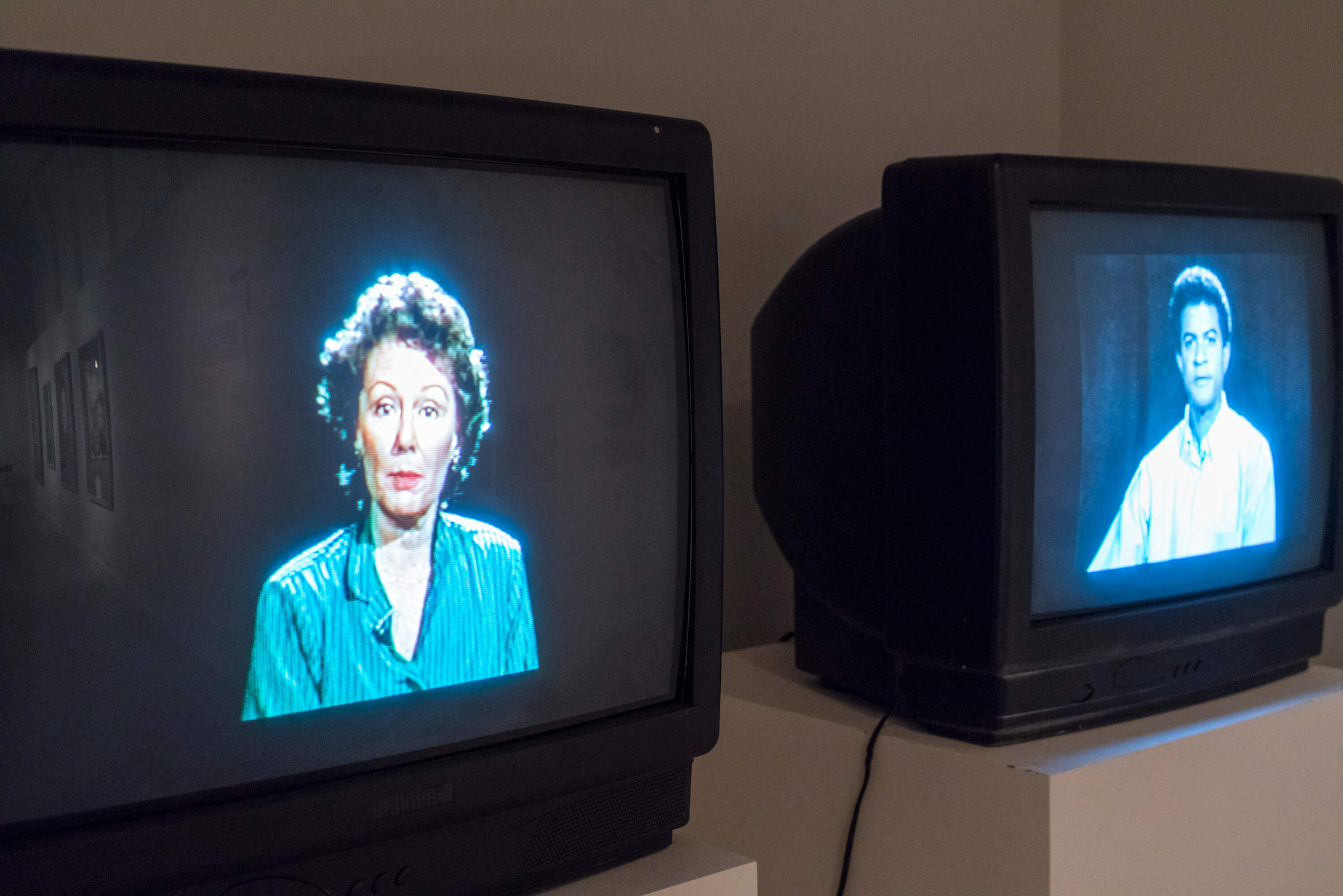Pera Film continues its masters of cinema series with the program Cinema’s Casanova: Fellini. Just like Casanova – Federico Fellini one of Italy’s great modern directors, was a larger-than-life maestro who created an inimitable cinematic style combining surreal carnival with incisive social critique. Pera Film, in collaboration with the Italian Institute of Culture in Istanbul and the Italian Ministry of Foreign Affairs presents nine Fellini films commemorating 20 years since his death.
While his most popular—and accessible—film, the darkly nostalgic childhood memoir Amarcord, is a great entryway into his oeuvre whereas 8½, a collage of memories, dreams, and fantasies about a director’s artistic crisis, is perhaps his masterpiece. In his early career, Fellini was both a screenwriter for neorealist pioneer Roberto Rossellini and a newspaper caricaturist in postwar Rome, competing influences he would bring together with startling results. After such early works as I Vitelloni, Fellini broke away from neorealism’s political strictures with the beloved La strada, and from there boldly explored his obsessions with the circus, societal decadence, spiritual redemption, and, most controversially, women, in such films as Nights of Cabiria, Giulietta of the Spirits, and And the Ship Sails On.
The world-renowned Italian film director Federico Fellini was born in the seaside village of Rimini on January 20, 1920. He was the eldest of three children, and a keen observer of the characters of his small town upbringing. He left for Rome in 1938 and enrolled in university to avoid being drafted into the service. He left school and in the years prior to the outbreak of World War II he made his living as a cartoonist. He also began writing and acting in sketch comedy productions and radio programs with his good friend Aldo Fabrizi. During this time period he met his wife, the actress Giulietta Masina who became a great influence on his work. Another famous Italian director, Roberto Rossellini, wished to cast Fellini’s friend Fabrizi in one of his films and Fellini arranged their meeting. Through that contact he started work as an assistant scriptwriter and was given access to the inner workings of how films are created and edited, thus beginning his new career as a film director.
His career in cinema spanned five decades and he gained much critical acclaim. He won many awards including four Oscars in the Best Foreign Language category. His films offer a combination of themes including memory, dreams, fantasy and desire. They are often intimate looks at people at their most bizarre. The term "Felliniesque" is used when depicting an ordinary scene that has been altered by the addition of hallucinatory imagery. Filmmakers such as David Lynch, Pedro Almodovar and Terry Gilliam have claimed to have been influenced in their work by Fellini.
Federico Fellini died of a heart attack the day after celebrating his 50th wedding anniversary with Giulietta on 31 October 1993 in Rome.
Screenings can be seen with a discounted museum ticket (5 TL). No reservations taken.
In collaboration 
October 10
19:00 Rome
October 11
19:00 I Vitelloni
October 19
14:00 La Dolce Vita
17:30 Giulietta of the Spirits
October 26
13:00 The Temptation of Dr. Antonio
14:30 Ginger and Fred
17:00 Spirits of the Dead
October 27
13:00 The White Sheik
15:00 Spirits of the Dead
17:30 The Clowns
October 29
14:00 Giulietta of the Spirits
October 30
19:00 The White Sheik
November 1
19:00 Ginger and Fred
November 2
13:00 Giulietta of the Spirits
16:00 The Clowns
18:00 Rome
November 3
13:00 The Temptation of Dr. Antonio
14:30 La Dolce Vita
18:00 I Vitelloni
November 9
14:00 The Clowns
16:00 Rome
October 10
19:00 Rome
October 11
19:00 I Vitelloni
October 19
14:00 La Dolce Vita
17:30 Giulietta of the Spirits
October 26
13:00 The Temptation of Dr. Antonio
14:30 Ginger and Fred
17:00 Spirits of the Dead
October 27
13:00 The White Sheik
15:00 Spirits of the Dead
17:30 The Clowns
October 30
19:00 The White Sheik
November 1
19:00 Ginger and Fred
November 2
13:00 Giulietta of the Spirits
16:00 The Clowns
18:00 Rome
November 3
13:00 The Temptation of Dr. Antonio
14:30 La Dolce Vita
18:00 I Vitelloni
November 9
14:00 The Clowns
16:00 Rome
Program Trailer

Henryk Weyssenhoff, author of landscapes, prints, and illustrations, devoted much of his creative energies to realistic vistas of Belorussia, Lithuania, and Samogitia. A descendant of an ancient noble family which moved east to the newly Polonised Inflanty in the 17th century, the young Henryk was raised to cherish Polish national traditions.

The exhibition Look at Me! Portraits and Other Fictions from the ”la Caixa” Contemporary Art Collection examines portraiture, one of the oldest artistic genres, through a significant number of works of our times. Through the exhibition we will be sharing about the artists and sections in Look At Me!.
Tuesday - Saturday 10:00 - 19:00
Friday 10:00 - 22:00
Sunday 12:00 - 18:00
The museum is closed on Mondays.
On Wednesdays, the students can
visit the museum free of admission.
Full ticket: 300 TL
Discounted: 150 TL
Groups: 200 TL (minimum 10 people)